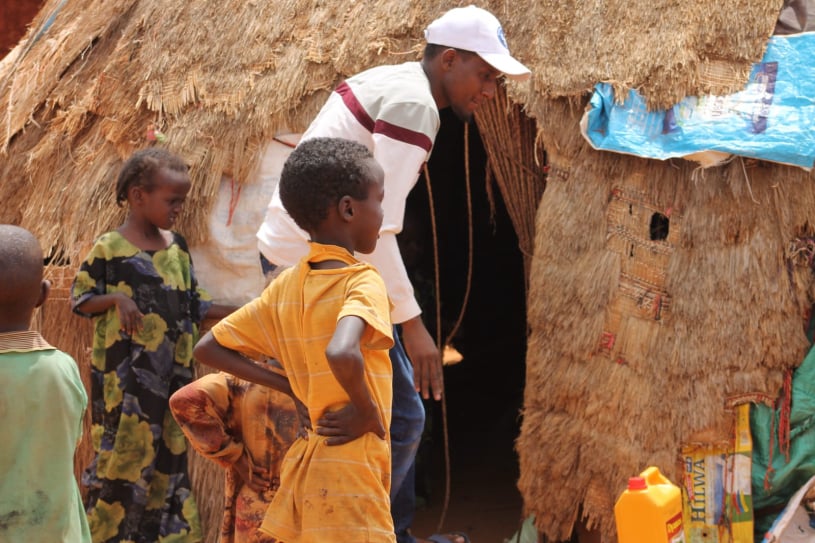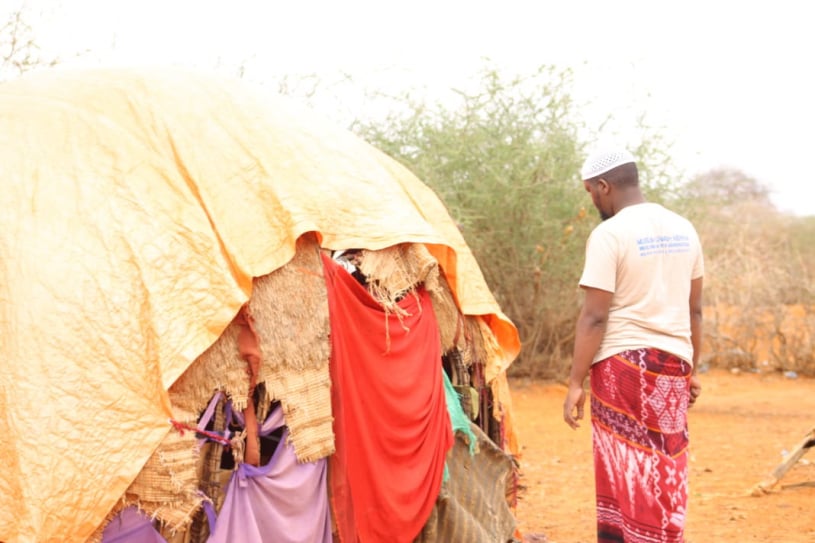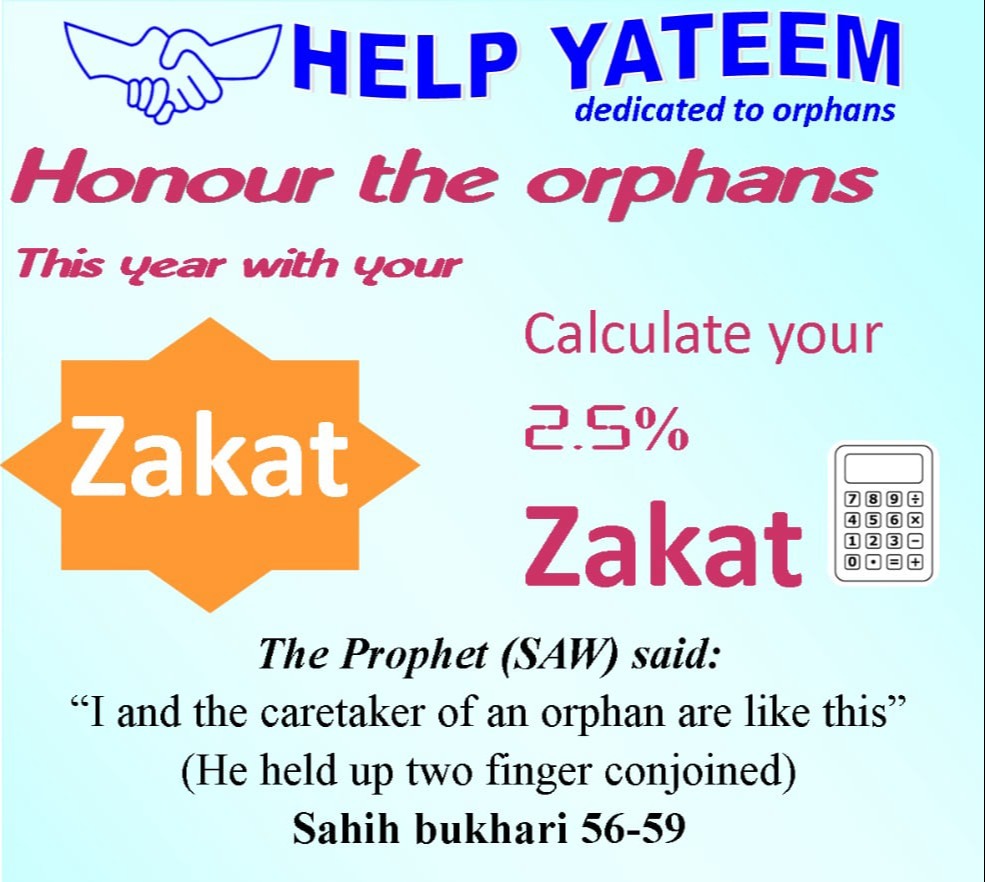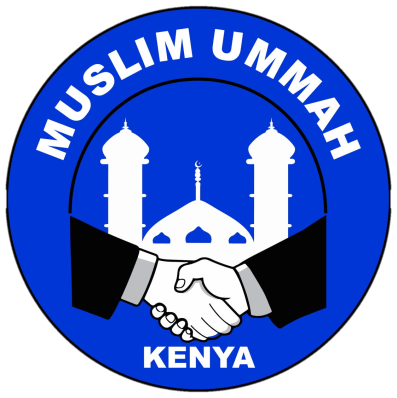Zakat FAQs
We’ve put together this list of frequently asked questions to help make the rules of Zakat easier to understand. If you need more help, please don’t hesitate to contact us.
Nisab is the threshold for which a Muslim’s personal wealth must be above if he or she is to be eligible to pay Zakat. There are two Nisab values from which the threshold is determined, which are:
Gold – the monetary value of 87.48 grams of gold
Silver – the monetary value of 612.36 grams of silver
Because the valuation of gold and silver fluctuates so, too, does the Nisab threshold. This is why tools such as our Zakat calculator prove so helpful as they help Muslims to quantify not only whether they qualify to pay Zakat, but how much it is they owe. A Muslim’s wealth must exceed the Nisab threshold for one full Islamic year, or ‘Hawl’, which is the term for a lunar year, which lasts for 354 days.
Your wealth or net assets can be summed up as the liquid assets you possess minus your short term liabilities.
Liquid assets are those that can be transformed into cash very easily. Short term liabilities include your bills, rent, personal loans and credit card debts. Most scholars agree that any mortgage that you may hold, should not be included in that calculation.
Here’s a list of things that should be included in your assets:
Cash in the bank and at home
Cash saved for any special purposes e.g. wedding, Hajj, car purchase, etc.
The value of gold and silver you own
The value of shares at their market price
Money owed to you, which is highly likely to be repaid
If you own a business, the balance sheet value of the stock(s) you possess.
If you own properties, any rental income that has been saved
You do not need to count the value of your home or land as part of your assets. You also don’t need to include person items, such as a car, clothing, home appliances, etc. as part of your assets.
If you own investment properties (to buy / to let), then any saved rental income will be a part of your assets. The equity value of your investment property portfolio is not included as part of your assets in the Zakat calculation.
If an investment property is due to be sold around your Zakat due date, then the anticipated profit is to be included as part of your assets.
Here is a list of things that should be included in your liabilities:
The money you owe to others i.e. personal loans (from banks and friends), credit card debts, etc.
Current month’s rent/mortgage payment or arrears
Bills that are due
If you own a business, then business expenses e.g. rent, rates, salaries, utility bills, etc.
Short term business loans and overdraft amounts are included in your liabilities.
The calculation for your wealth/net assets is:
Assets – short term liability = your wealth.
As long as your wealth is above the nisab of the day, you are eligible to pay Zakat
According to the Hanafi madhab, all gold and silver you own must be included as part of your wealth/assets in the Zakat calculation.
In the Shafi madhab, however, any gold and silver that is for personal use do not need to be included as part of your wealth/assets.
If all of your wealth is in gold, the value of the gold you own must be at – or above – the gold nisab in order to be eligible to pay Zakat.
If your wealth is a mixture of gold and/or silver and cash, it is preferable to use the silver nisab threshold.
Many scholars hold the view that it will be highly beneficial to include all gold and silver that you own as part of your wealth/assets, regardless of whether they are for personal use or not.
Any goods, other than gold or silver, that you have not bought for resale are non-zakatable. No zakat is payable on your personal belongings, such us a house or a car.
The business stock has to be counted as an asset for Zakat purposes. The value to be used is what would appear on your balance sheet. Usually, it is the cost of purchasing the stock.
Business premises do not need to be counted as an asset in the calculation. Any property the business owns (land, retail units, etc.) also do not need to be counted as assets.
A long-term mortgage is not to be counted as a liability in your Zakat calculation.
Loans that are taken out for personal purposes can be subtracted as a liability in the Zakat calculation




